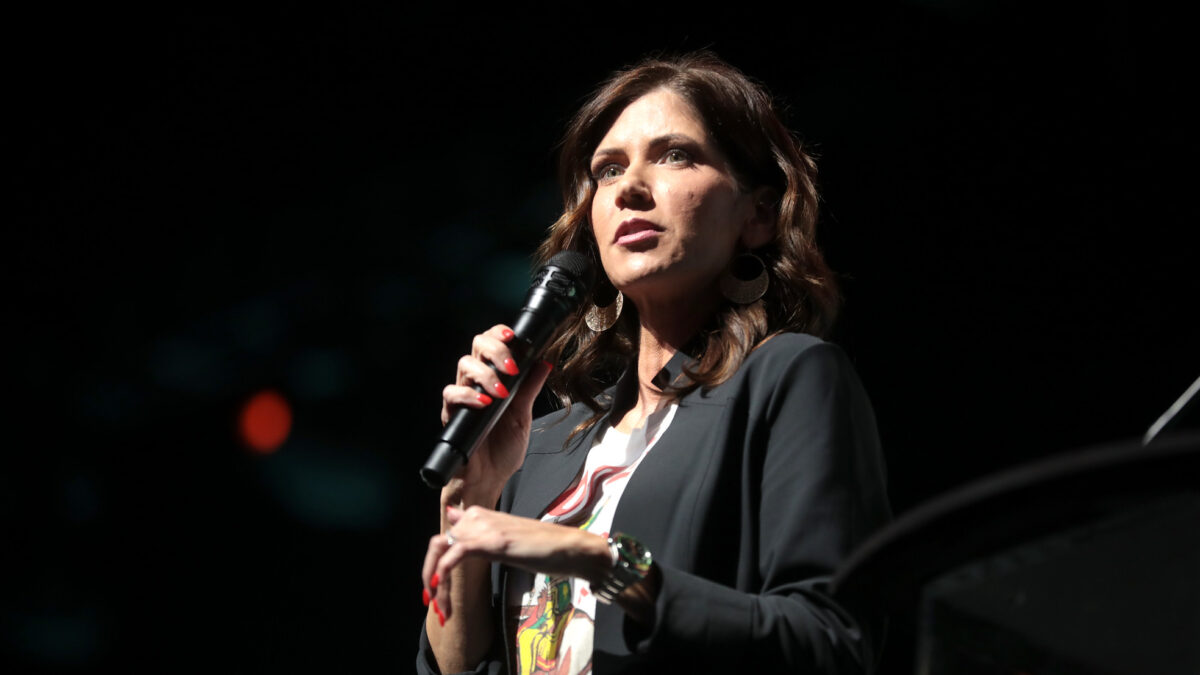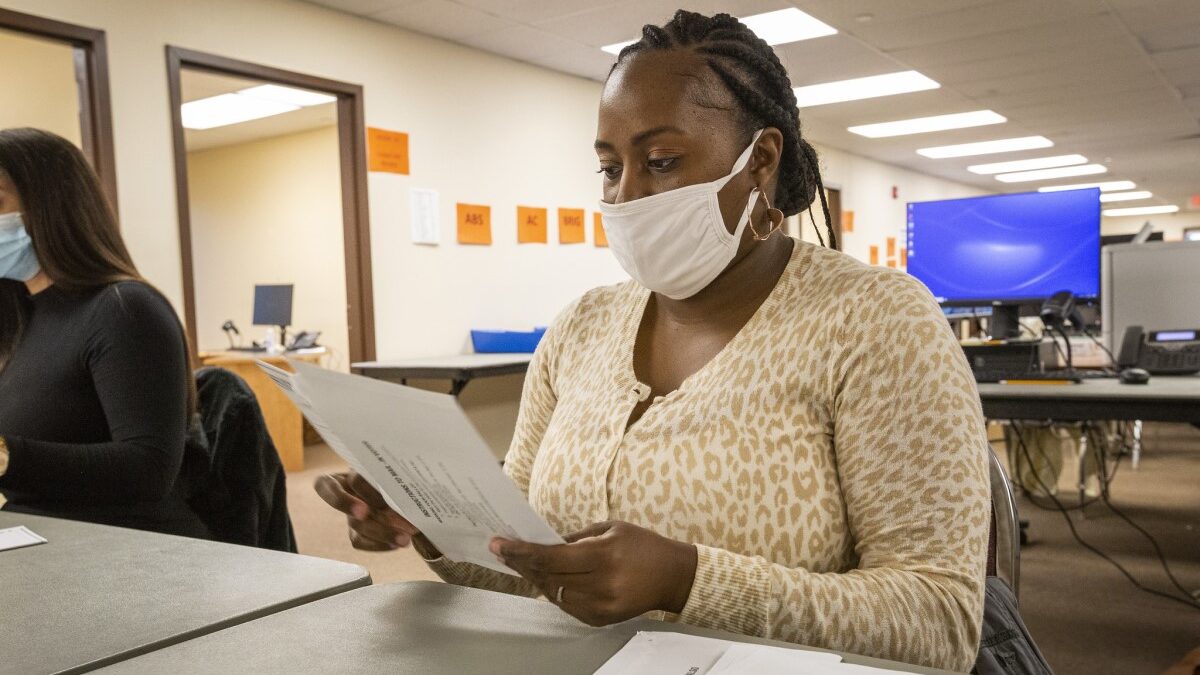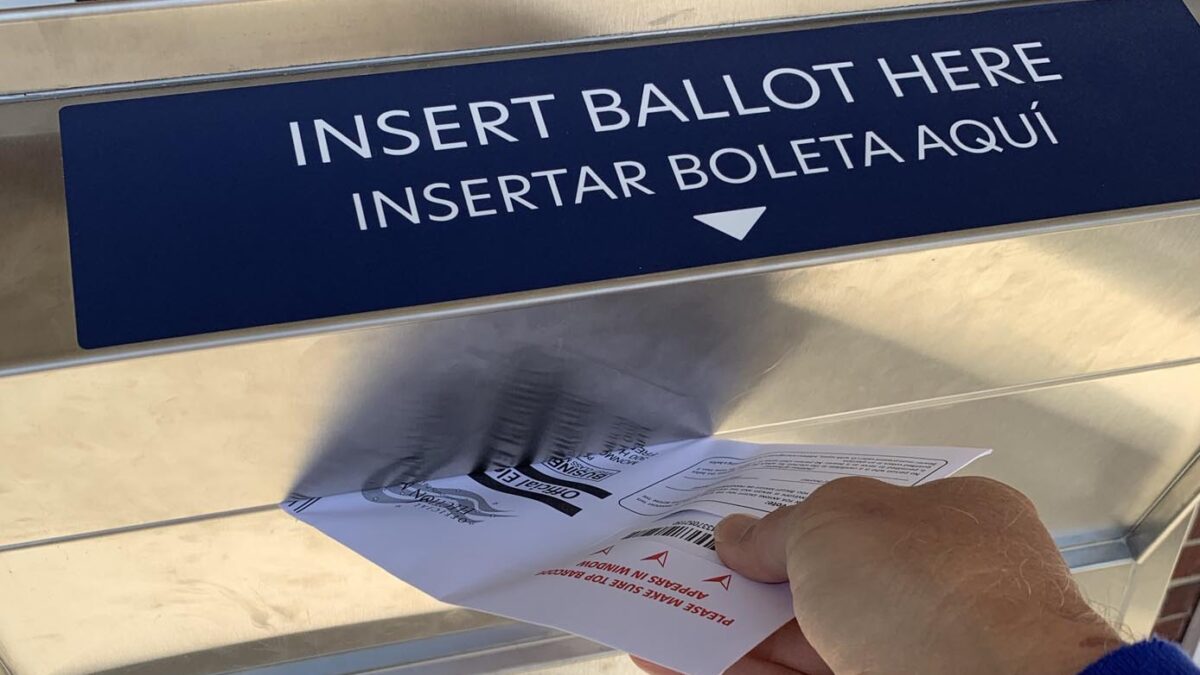First, if you haven’t read his piece yet, you are missing out. Azerrad offers the evergreen reminder that human flourishing is not a zero-sum game. Successful people need not be restrained for others to advance. No conservative or libertarian would disagree with this point. Material equality per se is not our priority. This message cannot be restated frequently enough and Azerrad’s offering is eloquent.
Azerrad next argues that “equal opportunity, ” a popular center-right talking point, is not an acceptable goal. That’s because almost any material advantage can be construed as an opportunity. Therefore, there is no logical way to stop short of full-bore egalitarianism once you set out for that destination. This is an interesting philosophical note, but it’s a bit of a straw man for our more practical purposes.
That’s because no conservative seriously believes—and nobody thinks any conservative seriously believes—in total “equality of opportunity.” To try and give every child precisely the same odds of future success (however measured) would be insane on its face. It would indeed require a leviathan state, along with dystopian tactics like Vonnegut’s vision of beautiful people forced to wear hideous masks. Fortunately, that isn’t what anyone is shooting for.
The vast majority of Americans believe that government has a moral obligation not to go berserk and mandate total equality, but to ensure that all children have at least some minimal threshold of opportunity in life. This mainstream view does not hold that everyone needs to begin the “race” with identical training and the very same equipment. Not even close. But it does declare that every kid deserves a pair of running shoes that function at some basic level. If your parents can buy you better ones, great. But if they can’t afford any shoes at all, the state will step in.
Reform conservatives join Azerrad in refusing to operationalize envy. We, like he, see the goal of perfectly equalizing opportunity as ludicrous. But that makes us no less keen to expand opportunity, to grant more children access to tools our society deems essential for building an independent and meaningful life. This has nothing to do with the relative triangulation that Azerrad abhors. The goal is an absolute increase in the number of paths that poor kids can feasibly pursue.
So the “equality” talk may indeed be rhetorically sloppy. But this is not the interesting question. Putting aside the tiny minority of minarchists who believe that government should do nothing to expand children’s opportunities, most ordinary Americans see that as our legitimate duty. How do we go about it?
And this is where the thrust of my essay comes in. I cited new science suggesting that the material status of a child’s parents may impose lasting limitations on his or her cognitive development. These are limitations that the sorts of later interventions that conservatives tend to favor—think school choice—could not necessarily roll back. In these instances, it might be that the most feasible and cost-effective way to expand opportunity for children is to transfer income directly to their parents.
This is the tentative conclusion that I was uncomfortable with. This is the idea that all of us should ponder. If—and I mean “if,” because vastly more research is needed—straight-up transfers prove to be an effective way to help poor children, which road does our movement take? Do we prioritize the opportunity goal and bite the redistributionary bullet? Or does the value we place on property rights outweigh the value we place on expanding children’s opportunities?
I don’t have a cute answer. These are tough questions. But I do know that retiring an overplayed metaphor will not make them disappear.









